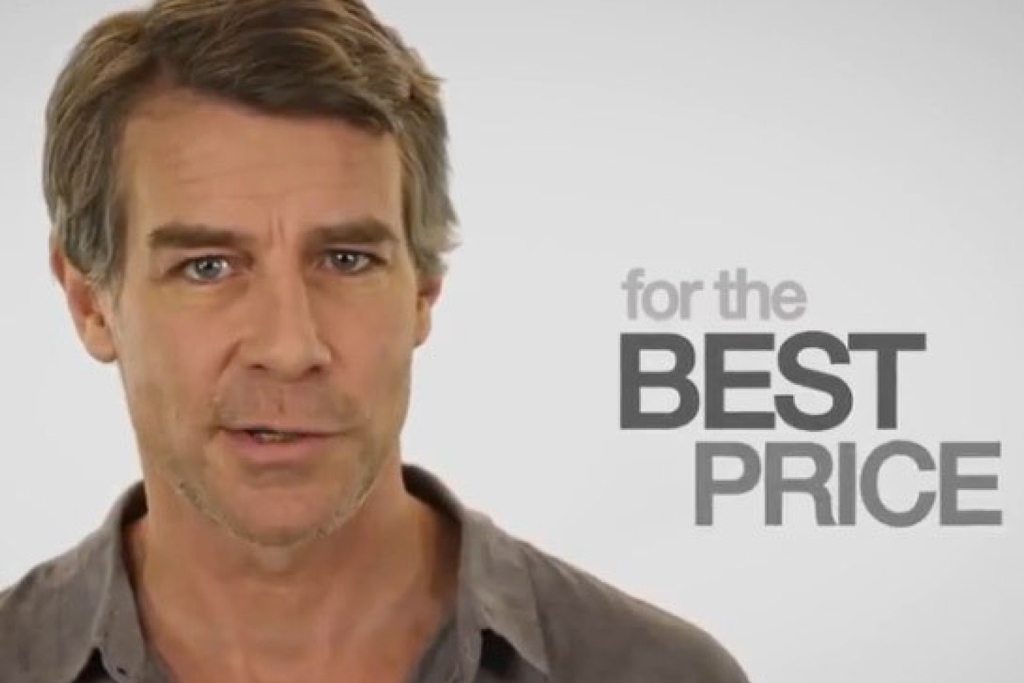Inside Priceline Group's Diss of Trivago — The Backstory

Skift Take
What do a debate over landing pages, the acquisition of Momondo, a shift into hotel software services, and regulators forcing changes in online travel agency contracts have in common? Each of those seemingly unrelated things may have pushed Priceline to toggle back its spending on Trivago.
It's a boom time for trying to fathom the bust-up of Trivago.
For several years, the Expedia-backed hotel-search company had been gaining share of the combined Priceline Group and Expedia Inc. advertising budgets.
In 2013, Priceline and Expedia spent only 3.4 percent of their ad budgets on Trivago, according to estimates by Cowen & Co., an investment bank. By 2016, they spent 9.5 percent.
The two giants liked how Trivago's TV ad campaign gathered an audience primed to buy and how the website's user experience did a cost-effective job of converting shoppers into buyers.
As is now relatively well-known, something went wrong for Trivago in 2017. It went from double-digit, year-on-year growth, to a likely bleak forecast for the first half of 2018.
We've noted that Priceline pulled back on its spending. The most popular explanation for this was that Trivago had changed its algorithm in a way Priceline didn't like, prompting a retaliation.
Priceline is the winner in the dust-up because it is now spending less per referral it gets from Trivago than before. That's because Expedia dialed back spending, too.
But Priceline probably pulled back for other reasons, too. Here are a few worth noting:
Booking.com's Landing Page Issue
Priceline Group's biggest brand Booking.com has wanted visitors referred from Trivago to land on one of its search result pages, not on a listing for an individual property.
Since last winter, Trivago has been pushing online travel agencies to use property-specific landing pages.
During Trivago's second-quarter earnings call with investors, CEO Rolf Schromgens said its users get "disturbed" when they click a button about an individual listing on its website and end up on a site such as Booking.com that shows an array of new hotel choices.
Trivago penalized companies that did that by giving them a lower landing page score in its complex calculations for determining how it presents rates on its website.
Using Trivago for an Ottawa hotel search for late January, we found a hotel for sale via a few links. The Booking.com link took us to a search result landing page showing the hotel along with many other properties. The Expedia link took us to the individual property's listing.
Perhaps not coincidentally, the first Booking.com offer appeared on the second page of search results, well past many Expedia and Hotels.com offers.
The big brands prefer to show visitors multiple hotels to try to push them into

